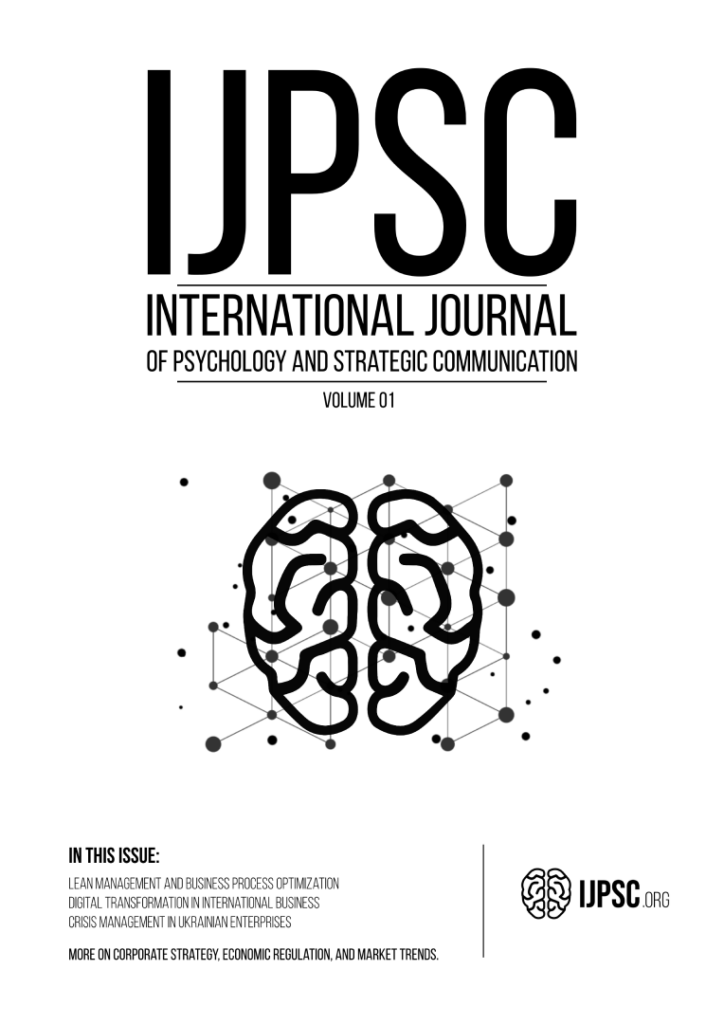Submit your article for a Peer-Reviewed Contribution
The journal will also continue to publish high-quality essays, commentaries, case studies, and conceptual pieces that have undergone a formal peer review. These submissions are evaluated by the editorial team and are intended to stimulate dialogue, share practical insights, and explore emerging ideas in a timely manner. While non-peer-reviewed contributions do not carry the same academic designation, they play an essential role in bridging theory and practice, and in reflecting the dynamic nature of our field.
Starting in 2025, the journal follows an article-based publishing model. This means that articles are published individually as soon as they have passed peer review and editorial processing, rather than waiting for inclusion in scheduled issues. This approach allows for faster dissemination, greater flexibility, and continuous access to new research.
The International Journal of Psychology and Strategic Communication (IJPSC) adheres to a rigorous and transparent peer review process to ensure the highest standards of academic quality and integrity. The journal combines various models of peer evaluation to promote objectivity, fairness, and openness in scientific publishing.
Initial Editorial Review
All submitted manuscripts undergo an initial editorial assessment by the Editor-in-Chief or an assigned editorial board member. At this stage, manuscripts are checked for scope, relevance, structure, and basic methodological soundness. Manuscripts that do not meet the journal’s standards or fall outside the thematic scope may be rejected without external review.
Blind Peer Review
In selected cases (e.g., invited contributions, special issues), the journal may apply a single-blind peer review process, in which the reviewers remain anonymous, but the authors’ identities are known to the reviewers. This approach is used only when editorially justified and disclosed to the authors.
Double Blind Peer Review (Primary Model)
Most original research articles are evaluated through a double anonymous peer review process. This means:
- Reviewers do not know the identity of the authors.
- Authors do not know the identity of the reviewers.
This model is employed to minimize potential bias based on personal, institutional, or geographic affiliations and to ensure an impartial evaluation of the manuscript.
Please upload your anonymized article manuscript via the Open Journal Systems (OJS) submission platform provided by IJPSC.
To comply with our double-blind peer review process, please ensure that your manuscript does not contain any identifying information such as author names, institutional affiliations, acknowledgements, or file metadata.
Open Peer Review (Upon Author’s Request)
To enhance transparency and foster academic dialogue, IJPSC supports an open peer review option. Upon request and with the reviewers’ consent:
- Reviewer names and/or comments may be published alongside the article.
- Authors may respond publicly to reviewer feedback.
This model is intended to increase accountability and enrich the scholarly exchange.
All reviewers are expected to declare any conflicts of interest and maintain confidentiality throughout the review process. Reviews must be constructive, respectful, and focused on the content, not on the authors. Plagiarism detection tools are used at multiple stages to uphold academic integrity.
Submit your article for a non-peer-reviewed contribution through the form below:



